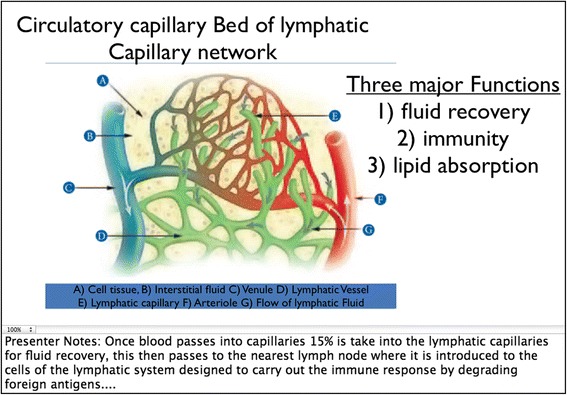BACKGROUNDA traditional lecture-based pedagogy conveys data and content material whereas missing enough growth of important pondering abilities and downside fixing.
A puzzle-based pedagogy creates a broader contextual framework, and fosters important pondering in addition to logical reasoning abilities that may then be used to enhance a scholar’s performance on content material particular assessments.
This paper describes a pedagogical comparability of traditional lecture-based instructing and puzzle-based instructing in a Human Anatomy and Physiology II Lab.METHODSUsing a single topic/cross-over design half of the college students from seven sections of the course have been taught utilizing one kind of pedagogy for the first half of the semester, and then taught with a special pedagogy for the second half of the semester.
The different half of the college students have been taught the identical materials however with the order of the pedagogies reversed. Students’ performance on quizzes and exams particular to the course, and in-class assignments particular to this examine have been assessed for: studying outcomes (the means to type the appropriate conclusion or recall particular data), and genuine academic performance as described by (Am J Educ 104:280-312, 1996).
RESULTSOur findings recommend a major enchancment in college students’ performance on commonplace course particular assessments utilizing a puzzle-based pedagogy versus a traditional lecture-based instructing model.
Quiz and check scores for college kids improved by 2.1 and 0.4% respectively in the puzzle-based pedagogy, versus the traditional lecture-based instructing. Additionally, the assessments of genuine academic performance might solely successfully measure a broader conceptual understanding in a restricted set of contexts, and not in the context of a Human Anatomy and Physiology II Lab.CONCLUSIONSIn conclusion, a puzzle-based pedagogy, when in comparison with traditional lecture-based instructing, can successfully improve the performance of college students on commonplace course particular assessments, even when the assessments solely check a restricted conceptual understanding of the materials.

Academic integrity in a compulsory physics lab: the affect of post-graduate aspirations and grade level averages.
Research on academic dishonest by highschool college students and undergraduates means that many college students will do no matter it takes, together with violating moral classroom requirements, to not be left behind or to race to the prime.
This conduct could also be exacerbated amongst pre-med and pre-health skilled college college students enrolled in laboratory courses as a result of of the typical disconnect between these college students, their instructors and the perceived legitimacy of the laboratory work.
There is little analysis, nonetheless, that has investigated the relationship between excessive aspirations and academic conduct. This examine fills this analysis hole by investigating the beliefs, perceptions and self-reported academic conduct of extremely aspirational college students and their friends in necessary physics labs.
The findings recommend that physics laboratory courses might face explicit challenges with extremely aspirational college students and dishonest, however the paper presents sensible options for addressing them.
